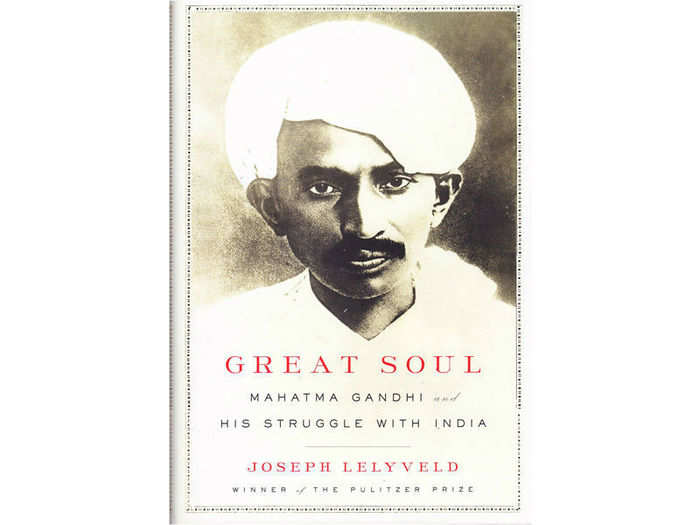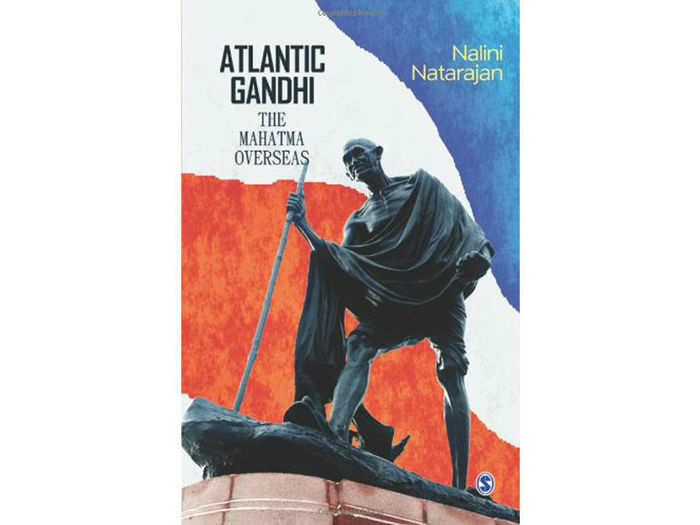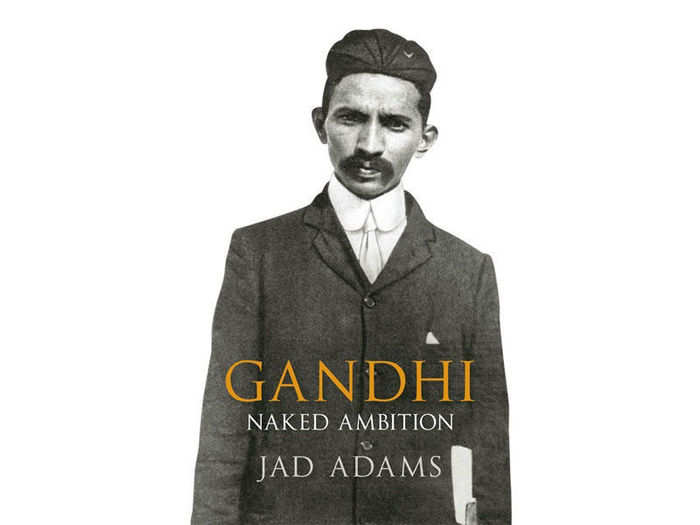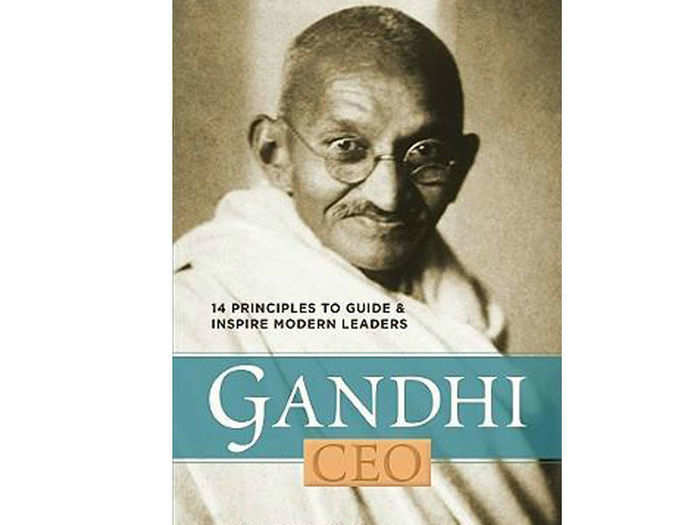- Home
- life
- Culture
- <b>Gandhi Decoded: Five Books That Reveal The Man Behind The Mahatma</b>
- Gandhi Decoded: Five Books That Reveal The Man Behind The Mahatma
Gandhi Decoded: Five Books That Reveal The Man Behind The Mahatma
Gandhi Before India

Great Soul: Mahatma Gandhi and His Struggle with India

One of the most controversial books penned by Pulitzer Prize winner and former New York Times editor Joseph Lelyveld. Bapu’s supporters call it blasphemy as the book cites Gandhi’s racist remarks against black South Africans. But the most damaging thing is a bunch of letters from Gandhi to Hermann Kallenbach, a bodybuilder and German-Jewish architect, which ‘allegedly’ shows that the two could have been in an intimate relationship. Others, however, feel they are merely homoerotic. In simple terms, was Gandhi gay? The supposition raised a furore in India – so much so that the Indian government had reportedly struck a $1.1 million deal with Sotheby’s to purchase the documents including the letters, which are said to have been written by Gandhi himself and would shed light on the nature of Kallenbach-Gandhi relationship.
Till date, Gandhi’s experiments with celibacy (and very natural struggles with sexuality in the face of traditional Indian taboo) have scarcely escaped criticism. But the book should not be witch-hunted just because of a few ‘disparaging’ revelations. Lelyveld’s portrayal of Gandhi is sceptical, but intensely analytical and never out of context. It depicts a man’s tough and tumultuous journey to serve a country that succumbs too easily to political insipidity and sectarian violence. Let us forget Gandhi’s personal peccadilloes – whether they are true or not (the book is never explicit about that). Lelyveld’s intimate knowledge of the geographies and his noon-clear analysis should make it a must-read.
Atlantic Gandhi: The Mahatma Overseas

A socio-political analysis that tries to evaluate Gandhi’s progress – from a briefless lawyer to a political visionary. Prof Nalini Natarajan, who currently teaches at the University of Puerto Rico in San Juan, walks you through Gandhi’s unique journey – from a colonial India to the plantation & mining society of South Africa. Gandhi’s connect with the local struggle and his diasporic consciousness gave a decisive shape to his anti-imperial vision. But it seems he had sought a spiritual elevation for India through his studies of Thoreau, Ruskin and Tolstoy, which might not have been in place at that time and that alienated India from the rest of the ethno-political rising across the globe.
Natarajan digs deep into several theories – the diaspora theory, post-colonial discourse theory and the recent Atlantic turn-in studies of resistance – to show how they did ferment revolutionary ideas and led to the making of a political icon who had his failings as well. As critics so aptly point out, few will be able to read this book without serious reconsideration of Gandhi's cultural politics and political philosophy.
Gandhi: Naked Ambition

This book does deal with Gandhi’s sexuality, but only as a part of an attempt to understand his entire personality, admitted writer Jad Adams in a recent media interview. Provocative? Yes, to some extent. Adams, a British historian and visiting research fellow at London University’s School of Advanced Study, is perhaps one of the very few who explored Gandhi’s pre-occupation with sexual experiments and his strong advocacy of celibacy. The Mahatma, one of the seminal figures of 20th century history, had put himself to acid tests. But his arcane personality and pronounced self-contradictions took its toll and jeopardized the National Movement.
Did the ‘saint’ fail when he showed his aberration in defining man-woman relationship? When he chose religious dominance over sound political strategy to trigger a long saga of communal violence? When he did not put in all his efforts to uproot the caste system that still plagues India? Adams’ rounded view of Gandhi reveals the man behind the Mahatma. Take it or leave it, some unsavoury questions still remain in your mind when you finish reading the book.
Gandhi, CEO: 14 Principles to Guide & Inspire Modern Leaders

Meet Gandhi, the management guru, and know how valuable his doctrines would be for global economy. Alan Axelrod is a brilliant writer who brings to life not the ‘Mahatma’ but an extremely astute leader whose strategies could work well in today’s business world. Purists may feel shocked but the parallels drawn between Bapu in real situations and the same principles applied to commercial settings make it interesting reading.
Barring the first, every chapter features some ‘lessons’, bringing the total to a 100. “There is no doubt that Gandhi was a good man and an intensely spiritual man, but he was also a manager and executive, a supremely practical leader for change (management),” wrote the author. The core message behind these lessons is clear enough – does it impact people in a positive way? In an era ruled by pink slips and struggling CEOs, it may be a good idea to give it a try. Grab a copy today and present it to your boss. He may like some of the ideas but don’t expect him to implement those in a hurry.
Popular Right Now
Popular Keywords
Advertisement